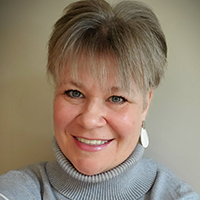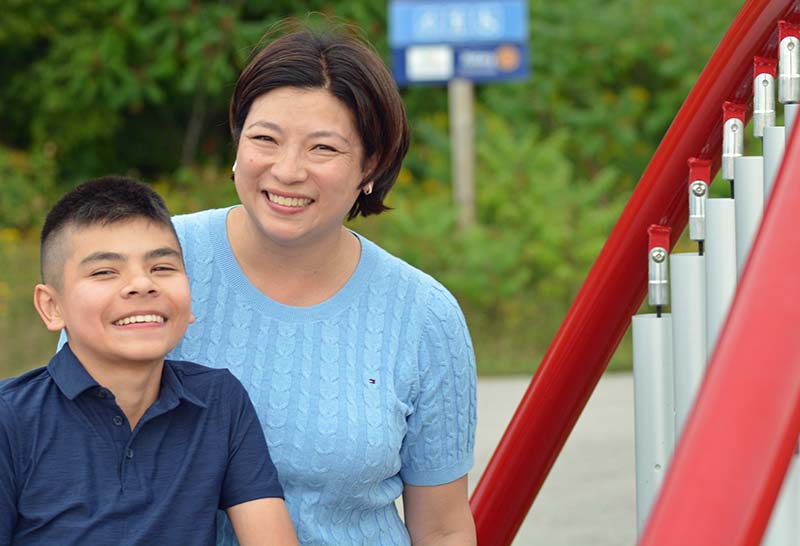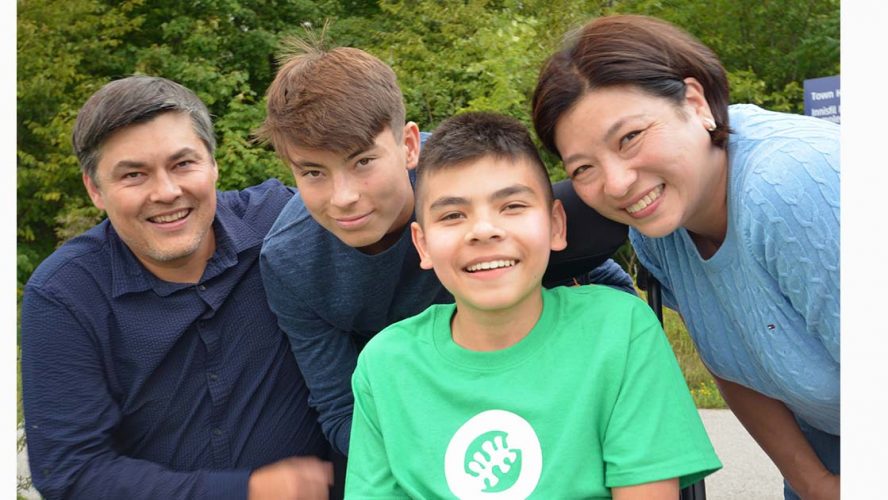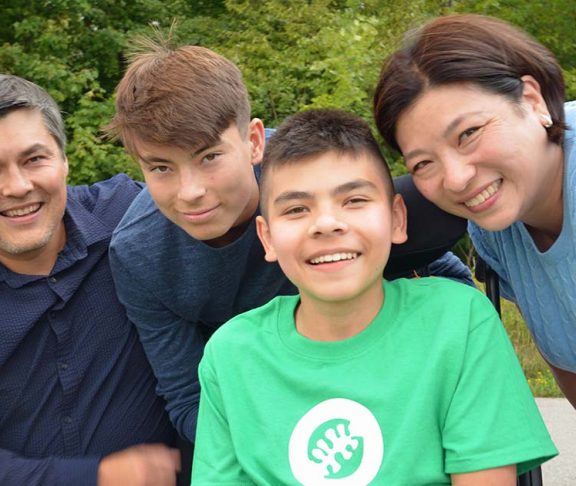
Catherine Mulvale
Chief Development Officer, MitoCanada
Rare diseases invade bodies without invitation. They steal health, hope, and dreams, leaving families devastated and overwhelmed.
Amelia and Gerard Pruchnicki know this better than most. Their 13-year-old son, Cole, has a mitochondrial disease, one of more than 7,000 rare diseases impacting individual Canadians, their families, our communities, and Canada’s health care system.
As a baby, Cole experienced frequent seizures, was rushed to hospital on a weekly basis, and suffered muscle weakness that left him unable to walk, challenged to communicate, and missing social interactions. Like so many living with rare diseases, Cole’s illness was leading to developmental delays and isolation.
Amelia and Gerard have become mito experts. They emphasize that access to information helps empower them to make the best decisions they can. Amelia admits that not understanding how the system worked in the early days left them terrified. “We didn’t know how to sift through the information to get to the important facts or understand how to implement solutions. In our house,” she adds, “making mistakes can end Cole’s life.”

The Pruchnickis have become seasoned advocates. This is necessary to protect their son and enable Cole to have the best quality of life possible. Gerard constantly scours the internet for clinical trials, scientific publications, thought leaders, conferences, and pharmaceutical pipelines for mitochondrial drugs that are in development.
“Caring for a child with a rare disease is exhausting,” says Amelia. “We expend so much energy managing medications, preparing food, and educating family, friends, and educators to keep Cole healthy and living his best life. There are no short cuts.”
We didn’t know how to sift through the information to get to the important facts or understand how to implement solutions.
Money is another issue. “It’s difficult for most people to understand that when insurance plans and reimbursements don’t cover all the costs, we simply absorb the expenses,” says Amelia. It’s not a choice. Paying for the additional expenditures is essential.
Only about 60 percent of treatments for rare disorders make it into Canada, with many not getting approved up until six years later than in the U.S. and Europe. This means that the quality of life for Canadians diminishes and lives are lost unnecessarily.
At a time when awareness of diversity, equality, and inclusion has been heightened, Amelia wants people to consider those with disabilities. “I don’t want pity for myself or my son,” she says, “but we need to have difficult conversations to understand what is needed and accept that being healthy is a privilege.”



